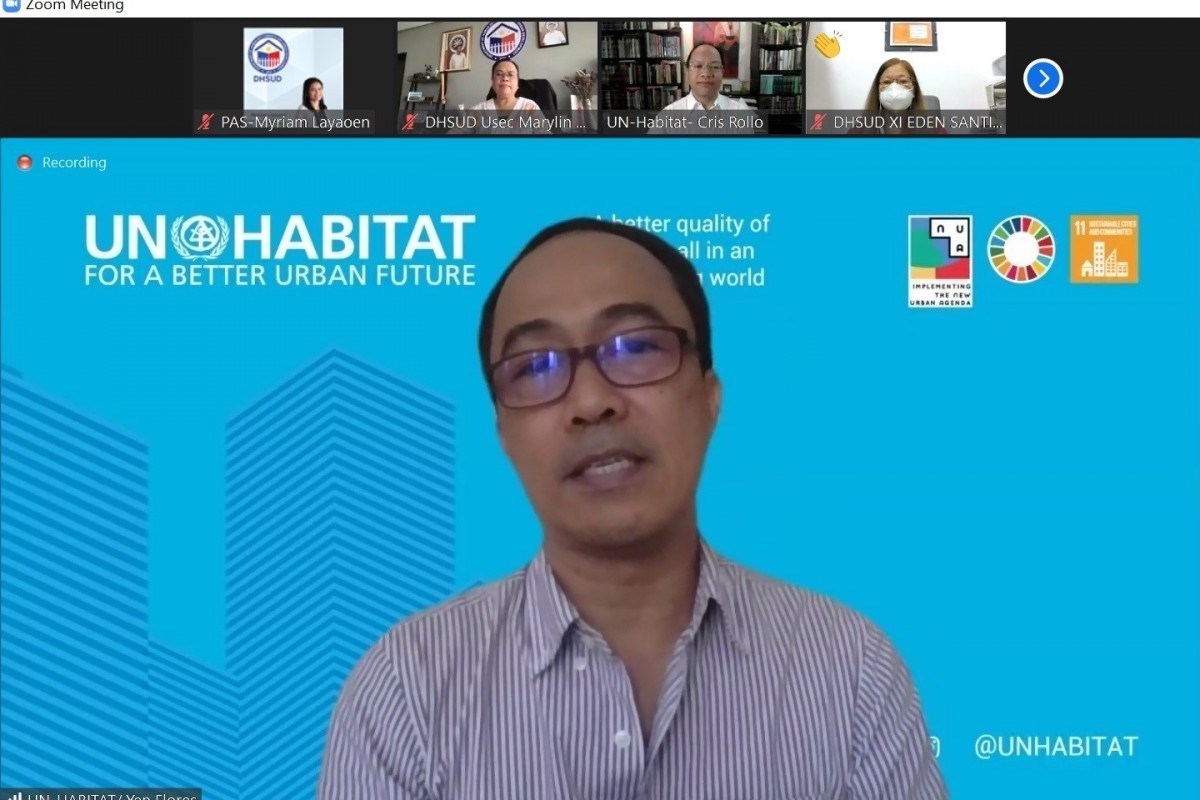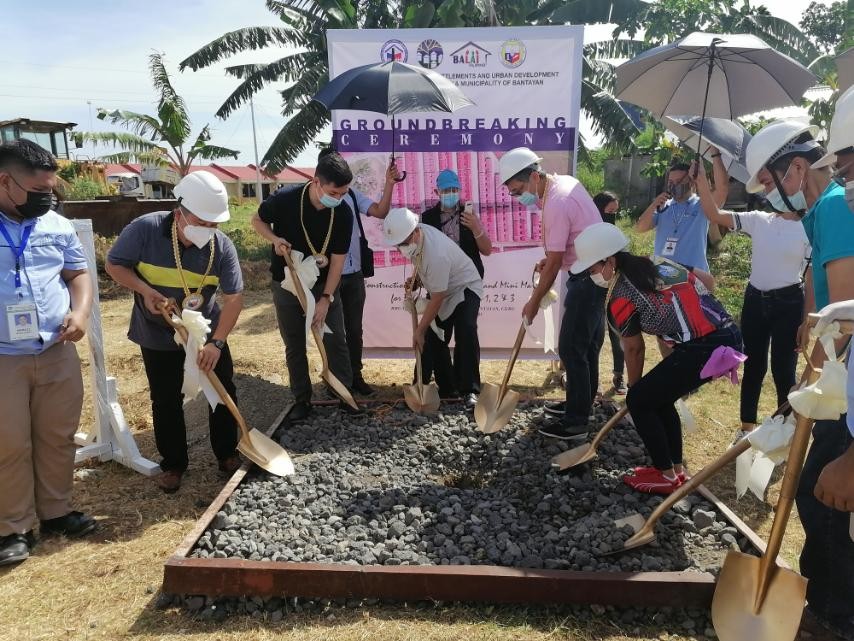QUEZON CITY -- As the primary government agency in the management of housing, human settlements and urban development, the Department of Human Settlements and Urban Development (DHSUD) upholds sectoral policies backed by science and focused on citizen’s needs.
During the Policy Development and Implementation Training organized in partnership with the UN-Habitat Philippines on Wednesday, DHSUD Undersecretary Marylin Pintor emphasized the importance of enhancing the policy development and implementation skills of its officials and middle managers as a springboard of effective policies in the sector.
“We aim to strengthen the capacities of DHSUD personnel in developing and implementing policies. Hopefully, the newly acquired and enhanced skills will help and equip DHSUD personnel in meeting their deliverables or should I say their targets,” USec. Pintor said.
The undersecretary for human settlements and urban development, who also acts as the department’s deputy secretary, said any policy must undergo a complete policy cycle to ensure proper analysis of the problem and craft corresponding solutions that proactively or responsively address the identified development obstacle.
“I would like to see that we utilize learnings relevant to policy formulation and implementation in the context of the national and local government procedures. It is equally important that we implement and manage the policies that we formulate. We must be open to new learnings and let us capacitate ourselves to contribute not only to the department goals but to nation building, and serve the Filipino people,” USec. Pintor added.
With seasoned policy expert Dr. Alex Brillantes Jr. as resource speaker, Wednesday's event kicks-off the three-module training program that aims to enhance the skills of DHSUD policy and decision makers on evidence-based and citizen-centric policy development and implementation.

For his part, Dr. Brillantes highlighted in the discussion the crucial need for accurate information in policy formulation. He cited critical thinking as a vital skill, especially now with unexpected challenges in the global scene such as the ongoing COVID-19 pandemic.

"In policy development, we should avoid the "bara-bara" approach. Hindi ‘yung may narinig ka lang na ganito, 'yun na yung gagawin (It is not like hearing something, then just do it). It must be about science. Question the question. Nuancing is very important," Dr. Brillantes said.
Emphasizing accurate and credible information as key to effective policies, Dr. Brillantes urged the training participants to go back to the anchors of policy development in human settlements and urban development, specifically the Department’s mandate, vision and mission.
“Review your documents. Apart from what is amply stated in the law (RA 11201) about your mandate, mission and vision, you now have your National Housing and Urban Development Sector Plan. Those must guide you toward a science-based process,” Dr. Brillantes stressed.
The training program has three modules, intended for technical staff and officials who are involved in policy-making, enforcement and advocacy, and play a crucial role in providing information, analysis, and recommendations to guide policymaking and advocacy and support of their bureau/service/division or the Department in general.
Module 1 involves public policy framework, development cycle, analysis and national urban policy, factoring in the ongoing pandemic. Module 2 on policy formulation and advocacy is scheduled on August 25 while Module 3 on policy instruments, monitoring and evaluation and learning is on September 1.
The training initiative was a result of the recent capacity needs assessment of the DHSUD and the UN-Habitat Philippines under the Building Climate Resiliency through Urban Plans and Design Project. The assessment saw policy development and implementation to stand as a vital backbone of the department’s day-to-day operations. (DHSUD)





